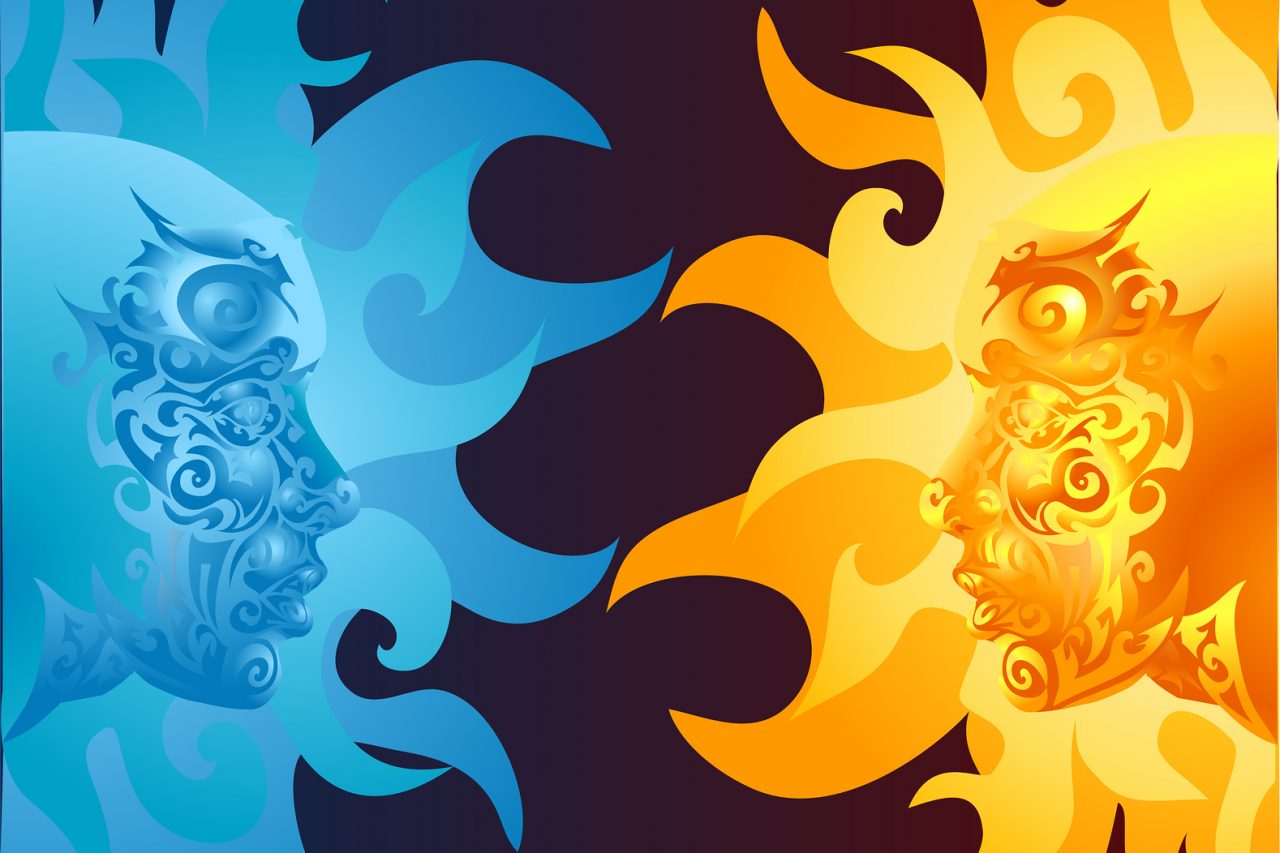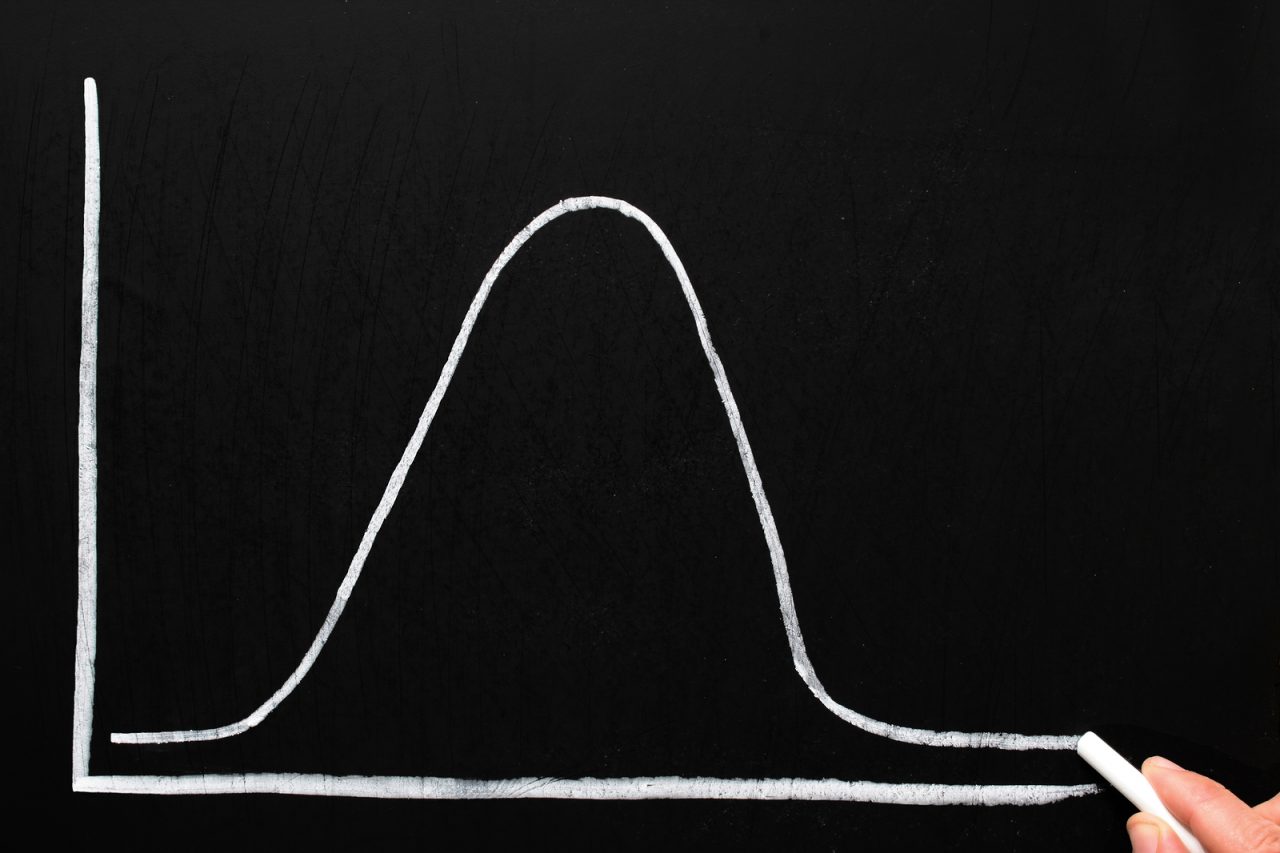Romeo and Juliet, Act II, Scene II
What’s in a name? That which we call a rose by any other name would smell as sweet. So Romeo would, were he not Romeo call’d, retain that dear perfection which he owes without that title.
I saw a consult the other day, an older gentleman with a new cancer requiring complex evaluation and extended care. Scary, hard stuff, but with the possibility of remission or cure; it is the kind of case oncologists relish as we get to use knowledge, a pile of technology, and have the opportunity to make a difference.
After reading his file, taking a history, and doing a thorough exam, I sat down with this patient and his adult son. We reviewed his case in detail; cause, effect, stage, treatment, alternatives, side effects and prognosis. While the father was not sophisticated and was somewhat withdrawn, his son was very bright and had done his Internet homework. Much of the conversation was spent responding to the son’s questions; an in-depth discussion and consultation.
There was just one hiccup. One peculiarity. Any observer would have taken note and been surprised. Though his son has no medical background, though he is 20 or more years younger then I, though we had never met, during the entire consultation he called me “James.”
“James, where did you train?”
“James, why does my Dad need an ECHO?”
“James, why are you recommending that urologist?”
“James, what do you think about nutrition?”
“James, what stage is the cancer?”
Not once did he use the word “doctor” or any other formal address. He was never directly rude, nor overtly angry, and he listened carefully to my answers. His understanding of biology and oncology is rudimentary, but he was not ignorant or confused. Nonetheless, while he never asked permission to use the first familiar, he did not use my title.
I have at least a hundred patients who call me James, Jimmy, Dr. James, Dr. Bowtie, Dr. S, Herr Doctor or Jim. I have no need of an ego-massaging label. The difference is that we have long-standing relationships and those patients have usually asked permission. We are friends, colleagues, in battle against the dread disease. I gain satisfaction to have built relationships where mutual respect is expressed in this way. Even so, when the proverbial excrement hits the spinning blades, many of those patients revert to Doctor. That makes emotional sense to me. The moments with this man, do not.
I did not respond directly to the son’s cultural faux pas. I did not correct him, change answers to his queries, or shift my focus away from him or his father. Nonetheless, it bothered me, so that I had to monitor my response and projected emotions. This simple variation signaled an alert about the son, the father and likely their relationship to family and world.
The son used “James” verses “doctor” to establish control. He was signaling to me, and probably his father, that he could handle this terrible situation. He wanted me to know that he would not be pushed around or bullied. He sought to diminish the power and value of my experience, control and guidance. This would not be the physician as paternal director, but as docile docent, available advisor or skilled servant.
OK, I get it. By putting me “in my place,” it would be easier to ignore or modify my recommendations. He is frightened, but for perhaps for the first time in his life he must protect and lead his father. Therefore, he must establish intellectual and emotional dominance, even in a relationship whose goal is not power, but healing.
This slight difference in communication norm makes me wonder about the dynamics of this family and sends warnings about their ability to deal with the complications of care. Perhaps he is preparing to speak with other family members, and thus building a foundation. Years of experience tell me that they may be prone to making bad decisions.
There may be a history in this family or in the son’s own life of betrayal by a medical expert or critical life guide. Have there been lies or significant loss because of bad or malicious advice? It is even possible that they have been “warned” about me, but then why seek my advice at all?
There could be cultural differences I did not detect. There is the remote possibility that the son lacks the basic social grace to comprehend the inappropriate nature of his address. This seems unlikely, because he used “James” more often than others say “doctor,” as if he was making a point, but it is possible that instead of the word presenting a clue to deeper complexity, he might be clueless.
I choose to believe that it is a matter of trust. He is quietly screaming that he does not accept me simply because I have a diploma. I will have to prove myself. I will have to be patient, educate and listen. Go the extra mile and give him the room to cope with medical realities and the immense change of a critically ill close relative. Support him, as I will support his father.
Juliet was wrong. A rose by another name does not smell as sweet. This, after all, is the point of Shakespeare’s masterful tragedy. The names and titles we give each other may be only words, labels, sounds, but they signal vital feelings and subtle ideas. While I as healer might accept any name, moniker or title, for a patient the label can signal fear, confusion and pain.







9 Comments